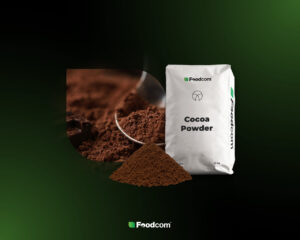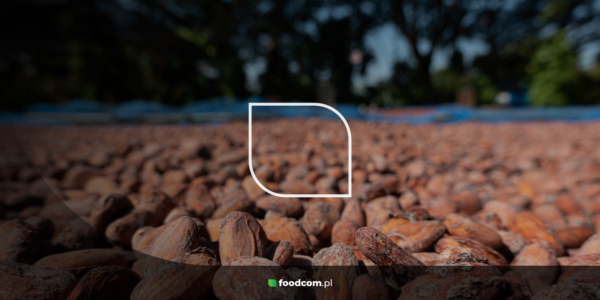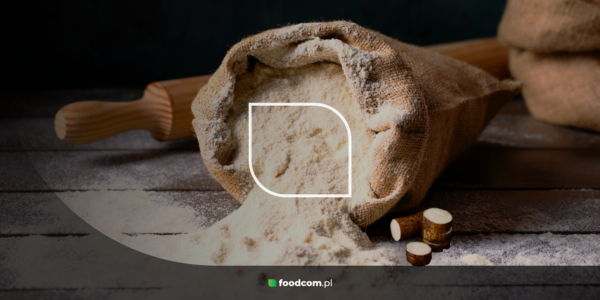- The global coffee market is facing serious difficulties, leading to significant increases in the price of the commodity.
- The potato flakes market is facing a shortage of raw material, which is negatively affecting production and prices.
- Vegetable prices in China have risen 39.9% in the past two months, posing a serious challenge to the local economy.
Welcome to our plant-based newsletter!
In this edition of our newsletter, we examine the growing challenges and opportunities in the coffee, potato flakes and tapioca starch sectors, as well as noteworthy economic developments in agriculture in China, India and Ghana. Each segment sheds light on the current state and future outlook for these markets, highlighting the complex interplay between supply, demand and external factors such as weather conditions and economic policy. Stay tuned for our comprehensive analysis to successfully navigate these volatile times.
Let’s take a look at what else is happening on the market!
Products of the Week
Coffee
As of August 2024, the global coffee market is experiencing serious difficulties, leading to significant increases in the price of the commodity. The key reasons are extreme weather conditions, such as drought and heavy rainfall, which have drastically reduced coffee production levels in major exporting countries, including Brazil and Vietnam. In addition, rising demand for coffee in Asia, driven by changing consumer habits and a growing middle class, is driving demand for the product. Experts predict that coffee prices could rise by as much as 30% in the coming months, posing challenges for both consumers and retailers around the world.
Potato flakes
The potato flake market is facing serious challenges due to the limited availability of raw material, which is negatively affecting production and prices. Initial forecasts suggested an improvement, but now the current harvest in some European countries is expected to be weaker than in previous years. This does not bode well for alleviating raw material shortages. As a result, producers must adjust their inventory management strategies to cope with rising demand for potato flakes. In addition, the growing demand for organic potato flakes poses another challenge for the industry.
Tapioka starch
As of August 2024, the global tapioca starch market is showing significant growth. Key producing countries like Thailand and Vietnam continue to dominate the market, contributing significantly to both production and export volumes. In Europe, the tapioca starch market is experiencing a positive trajectory, supported by increasing consumer preferences for gluten-free products and the versatile applications of tapioca starch in food processing and other industries. The growth in the tapioca starch market is further supported by its expanding use in bioplastics and as a natural gum, with forecasts indicating strong market expansion globally over the next several years.
NEWS
China’s soaring vegetable prices strain the ec
In China, agricultural prices have risen significantly over the past two months due to extreme weather conditions, including floods and heat waves that have destroyed millions of hectares of crops. According to data from the Ministry of Agriculture and Rural Affairs, wholesale vegetable prices rose 39.9% from June 17 to August 15, posing a serious challenge to China’s economy, which is already struggling with problems such as low industrial production, unemployment and deflation. Experts predict, however, that vegetable prices may begin to fall in the second half of September as supply increases.
India’s wheat prices surge, festive season at risk
Wheat prices in India have reached their highest level in nine months, hitting 28,000 rupees ($334) per ton, raising fears of further increases during the festive season if the government does not start releasing stocks from its warehouses. Falling supplies and a worse overall market situation than last year have prompted the industry to make urgent calls for government intervention, which sold record amounts of wheat from reserves last year. The delay in this year’s sales and the 40% import tax in effect are further adding to the pressure on the market, especially ahead of the upcoming Dussehra and Diwali holidays.
Ghana’s Cocobod opts for self-financing amid cocoa cut
Ghana’s cocoa regulator, Cocobod, announced it will not secure a syndicated loan for the 2024/25 cocoa season for the first time in over 30 years, opting instead for self-financing to save $150 million in interest costs. The season will begin on September 1, earlier than usual, with a reduced production target of 650,000 tonnes, down 20% from previous estimates due to insufficient rainfall. This decision follows one of the poorest harvests in a decade, impacted by harsh weather, smuggling, and disease.

![Grains and roots: coffee, potatoes and tapioca in the spotlight [63rd Foodcom PLANT-BASED Newsletter] Grains and roots: coffee, potatoes and tapioca in the spotlight [63rd Foodcom PLANT-BASED Newsletter]](https://foodcom.pl/wp-content/uploads/2024/06/Foodcom_SA_Plant-Based_Newsletter_3-1520x760.jpg)






